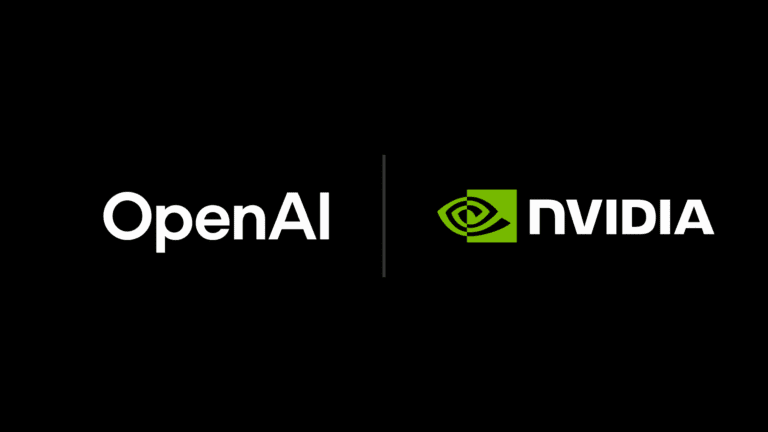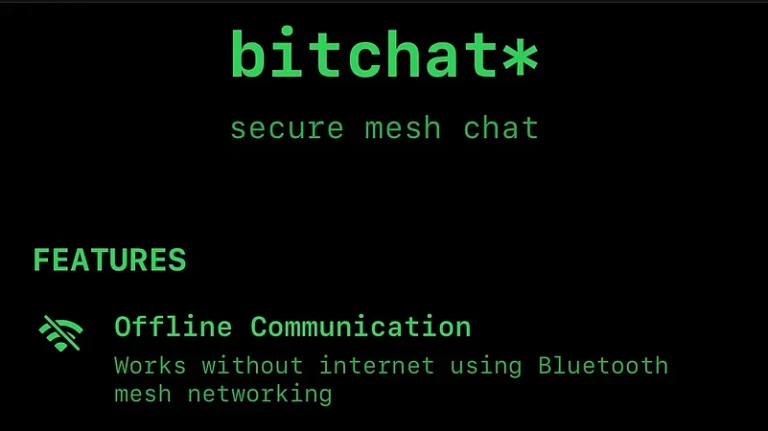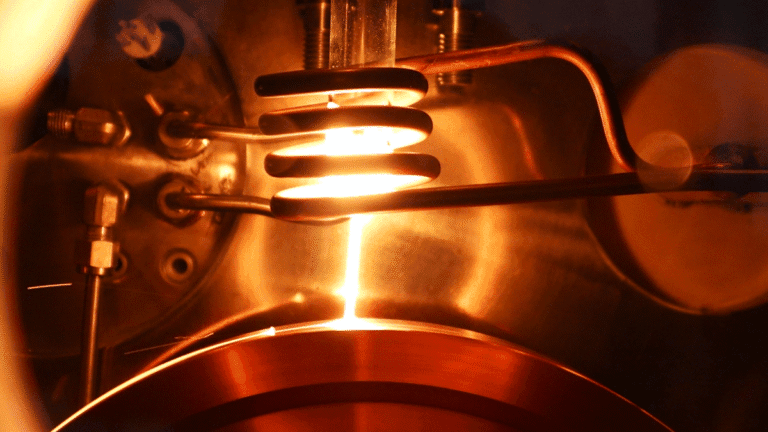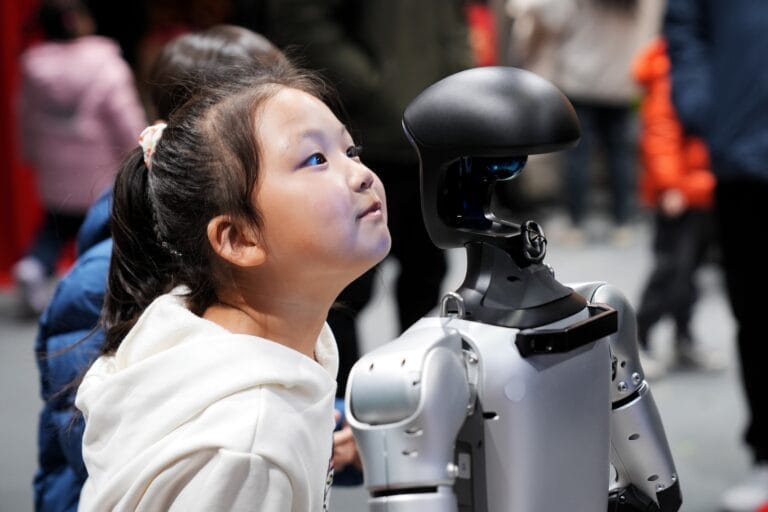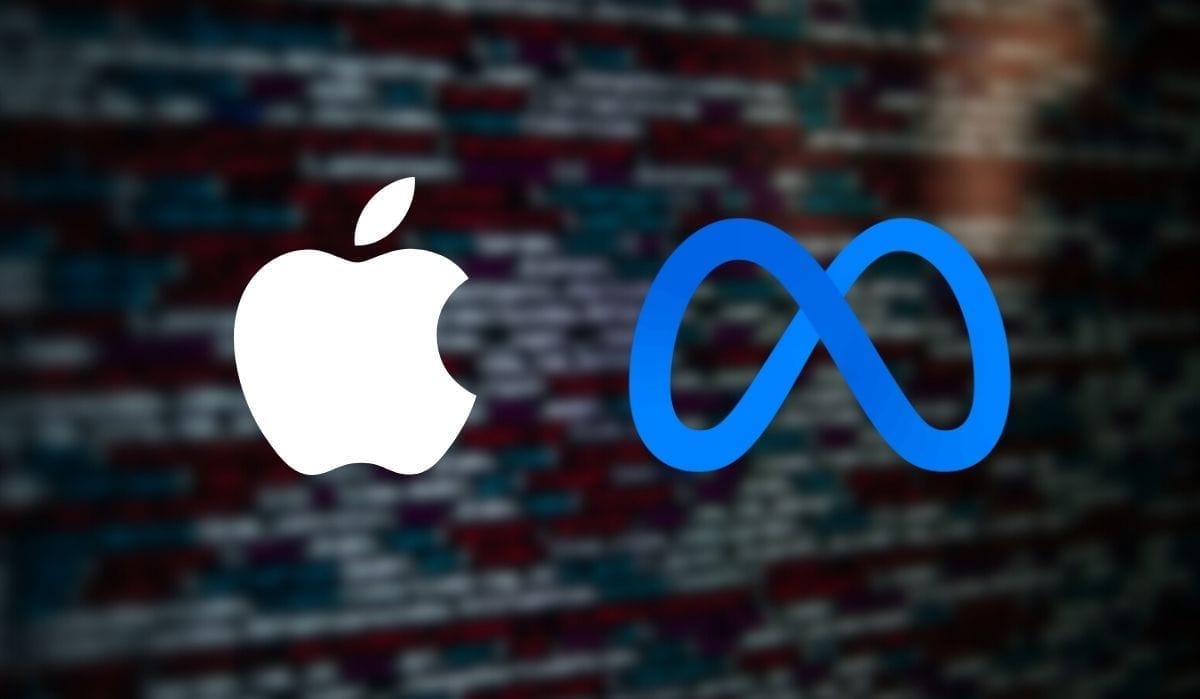
The artificial intelligence landscape is a battlefield, and the latest skirmish has seen a significant defection. Ruoming Pang, a pivotal figure in Apple’s AI development, has made the high-profile leap to Meta, sending ripples across the tech industry. This move isn’t just another personnel change; it’s a potent symbol of the escalating AI talent war and raises critical questions about Apple’s strategic direction in the fiercely competitive realm of artificial intelligence. His departure underscores the aggressive recruitment tactics employed by tech giants vying for supremacy in AI, and the multi-million dollar deals being offered to secure top-tier talent. This article delves into the implications of Pang’s move, examining his crucial role at Apple, Meta’s ambitious AI agenda, and the broader context of the ongoing battle for AI innovation.
Ruoming Pang: Apple’s AI Architect
At Apple, Ruoming Pang was more than just an executive; he was a driving force behind the company’s foundational AI models. As the manager of Apple’s foundation models team, Pang oversaw a group of approximately 100 highly skilled employees dedicated to developing the large language models that underpin many of Apple’s ambitious AI initiatives [1]. His team’s work was instrumental in bringing to life key features within Apple Intelligence, including the sophisticated email summaries that streamline communication, the innovative Priority Notifications designed to cut through digital clutter, and the playful yet powerful Genmoji, which allows users to create custom emojis on the fly [1]. These features, showcased as part of Apple’s recent push into generative AI, are direct results of the foundational work led by Pang and his team. His expertise and leadership were central to Apple’s efforts to integrate advanced AI capabilities directly into its ecosystem, aiming to enhance user experience and maintain its competitive edge in the consumer technology market.
Meta’s Aggressive AI Play
Meta Platforms Inc. has made no secret of its aggressive pursuit of AI dominance, and the recruitment of Ruoming Pang is a testament to this ambition. Pang is joining Meta’s newly formed ‘superintelligence’ group, a division dedicated to pushing the boundaries of AI research and development [1]. This move is part of a broader, well-documented strategy by Meta to consolidate top-tier AI talent. The company has been actively poaching experts from rival tech giants and leading AI research institutions, including OpenAI, Anthropic, and Scale AI [1]. This aggressive recruitment drive is fueled by a clear understanding that human capital is the most critical asset in the race for AI supremacy. To secure talent of Pang’s caliber, Meta reportedly offered a deal worth tens of millions of dollars per year, highlighting the immense value placed on experienced AI leadership in today’s market [1]. This substantial investment underscores Meta’s commitment to accelerating its AI capabilities and positioning itself as a leader in the next generation of artificial intelligence.
The Undercurrents at Apple
Ruoming Pang’s departure from Apple is not an isolated incident but rather a symptom of deeper undercurrents within the Cupertino giant’s AI division. Reports have surfaced suggesting that Apple has been exploring partnerships with external AI powerhouses like Anthropic and OpenAI for future iterations of Siri, rather than solely relying on its internal models [1]. While strategic collaborations are common in the tech world, these discussions have reportedly had a tangible impact on the morale of Apple’s internal foundation models team, the very group Pang led [1]. The perception that Apple might be looking outside for core AI capabilities could be disheartening for engineers dedicated to building in-house solutions. Pang’s move, therefore, can be interpreted as a significant indicator of the challenges Apple faces in retaining top AI talent, especially when internal teams feel their contributions might be sidelined or undervalued in favor of external solutions. This internal dynamic, coupled with the allure of lucrative offers from competitors, creates a challenging environment for Apple as it navigates the complex landscape of AI development.
The Escalating AI Talent War
The departure of Ruoming Pang to Meta is a stark illustration of the escalating AI talent war that is currently reshaping the technology industry. As artificial intelligence continues to advance at an unprecedented pace, the demand for skilled AI researchers, engineers, and leaders has skyrocketed. Companies are locked in a fierce competition to attract and retain the brightest minds, recognizing that human capital is the most critical differentiator in this rapidly evolving field. This intense rivalry manifests in various ways, from multi-million dollar compensation packages and lucrative stock options to the promise of working on groundbreaking, impactful projects. The stakes are incredibly high: leadership in AI translates directly into competitive advantage, market share, and the ability to define the future of technology. High-profile moves like Pang’s are becoming increasingly common, with top AI professionals frequently shifting between tech giants, startups, and even academic institutions. This constant churn of talent underscores the dynamic and often volatile nature of the AI landscape, where companies must not only innovate technologically but also strategically manage their human resources to stay ahead.
Implications for the Tech Giants
Ruoming Pang’s move carries significant implications for both Apple and Meta, highlighting the strategic shifts and challenges each company faces in the AI arena.
For Apple:
Pang’s departure represents a notable setback for Apple’s internal AI development efforts. As a key leader in the foundation models team, his absence could potentially slow down the progress of Apple’s in-house large language models and the integration of advanced AI features into its products. This event also puts a spotlight on Apple’s broader AI strategy. While the company has historically focused on privacy-preserving, on-device AI, the rapid advancements in cloud-based generative AI have put pressure on Apple to accelerate its capabilities. The reported consideration of external AI partners for Siri suggests a potential pivot or at least a hybrid approach, which could impact the morale and future direction of its internal AI teams. Apple will need to clearly articulate its AI vision and demonstrate a strong commitment to its in-house talent to prevent further brain drain and ensure it remains competitive in the AI race.
For Meta:
For Meta, securing Ruoming Pang is a major coup. His expertise and leadership in foundation models will undoubtedly bolster Meta’s new superintelligence group, accelerating its ambitious goals in advanced AI research and development. This acquisition aligns perfectly with Meta’s aggressive strategy to become a leader in generative AI, as evidenced by its substantial investments and relentless talent acquisition. By attracting top-tier talent like Pang, Meta strengthens its ability to innovate, develop cutting-edge AI products, and potentially gain a significant competitive edge over rivals. His arrival could lead to faster breakthroughs in Meta’s AI capabilities, impacting everything from its social media platforms to its metaverse ambitions.
Conclusion
Ruoming Pang’s high-profile move from Apple to Meta is more than just a personnel change; it’s a powerful narrative in the ongoing saga of the AI talent war. It underscores the immense value placed on top AI expertise and the lengths to which tech giants will go to secure it. For Apple, this departure serves as a critical juncture, urging a re-evaluation of its internal AI strategy and a renewed focus on nurturing its in-house talent. For Meta, it’s a significant victory, bolstering its ambitious superintelligence initiatives and accelerating its pursuit of AI leadership. As the artificial intelligence landscape continues to evolve at a breakneck pace, the battle for innovation will increasingly be fought on the grounds of human capital. The coming years will reveal how this strategic shift impacts the competitive dynamics between these tech titans and shapes the future of AI itself. The implications extend beyond corporate boardrooms, influencing the very features and functionalities that will define our digital experiences.
References
[1] MacRumors. (2025, July 7). Apple Loses Key AI Executive to Meta’s Multimillion-Dollar Hiring Spree. https://www.macrumors.com/2025/07/07/apple-ai-executive-leaves-for-meta/
